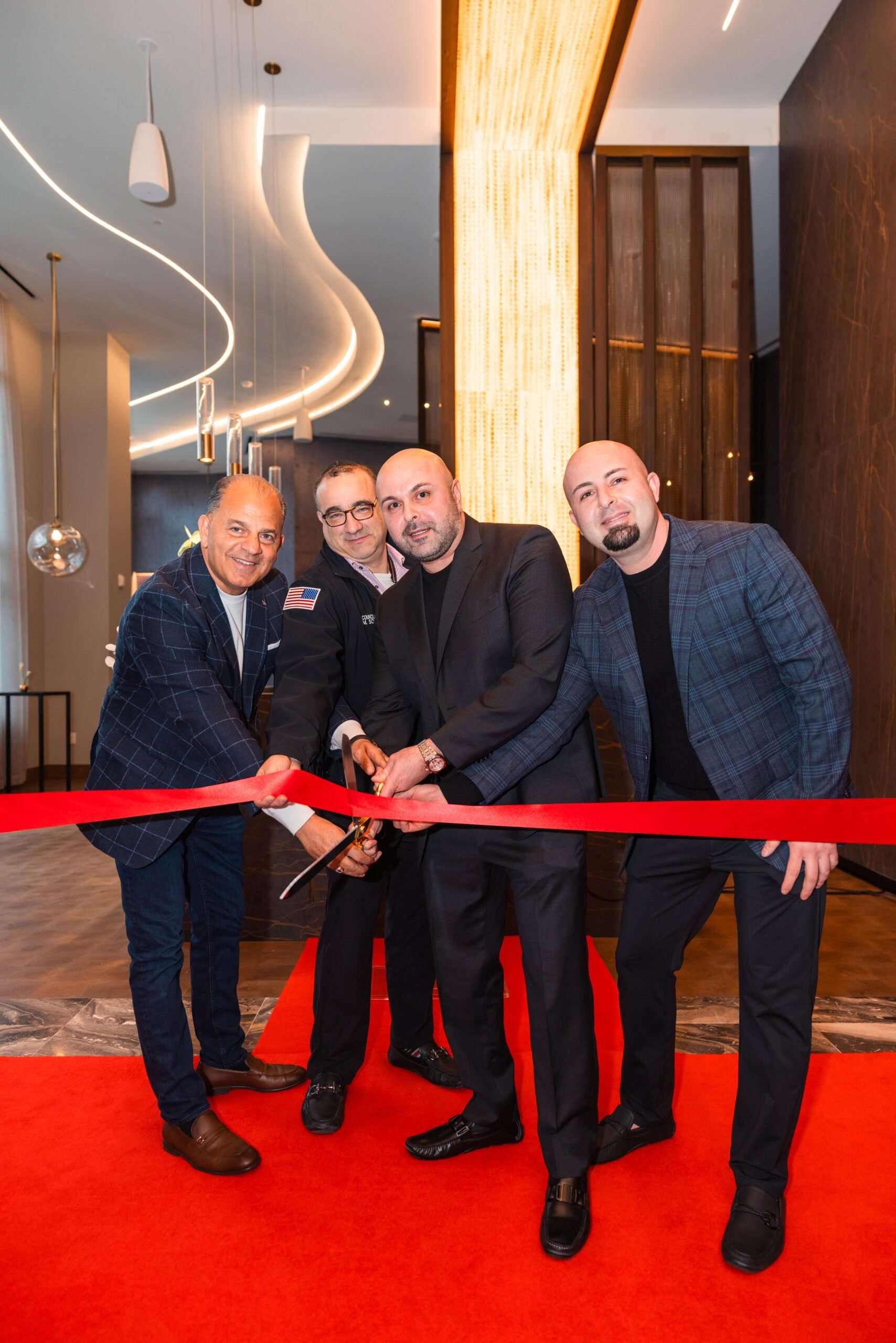When Yosef revealed his identity to his brothers, he joined with Pharaoh in sending wagons to carry Yaakov and his family back to Egypt. The verse (Bereishis 45:27) notes that it was only when he saw these wagons that Yaakov absorbed the news of Yosef’s survival. Rashi cites the classic comment from the midrash (Bereishis Rabba 94:3) that explains this with a play on words, “agalah — eglah,” that Yosef by sending agalos (wagons) was reminding Yaakov of their last shared session of Torah study where they had learned about the eglah arufah (decapitated calf) (see Devarim, chapter 21).
There is, however, another version of this midrash (see the Matnos Kehunah commentary to Bereishis Rabba 94:3; Zohar I:211a) that draws a more direct line to Yosef’s wagons. This version suggests that Yosef sent six wagons, and in doing so, was foreshadowing the six wagons referenced in parshas Naso (Bamidbar 7:3). These wagons — used by the Levi’im to aid them in transporting elements of the Mishkan — were gifted by the leaders of the 12 tribes. These wagons represented both the partnership of the tribes with each other — as represented by the 12 leaders donating six wagons (see Seforno there) — as well as their clear desire to share the burden of privilege of carrying the holy Mishkan. This holy burden was something they embraced and sought, rather than avoided. Thus, when Yosef sent for his family, he recalled those wagons of the Nesi’im — of the bearers of responsibility for their people and its holy mission.
Yosef — who had been sold by his brothers to Egypt as an unwelcome burden — now welcomed those brothers and their families to Egypt, eager to bear the burden of privilege of caring for and sustaining them through the years to come. Witnessing his child’s eagerness — that joyous embrace of familial and sacred responsibility — brought Yaakov back to life.
One of life’s great gifts is the privilege to taste the joy of bearing the sacred burdens of our holy Torah, our holy people and our cherished families. This is an endeavor that we all share together. I hope and pray that we can meet this opportunity, and live lives of inspired responsibility.
Rabbi Moshe Hauer is executive vice president of the Orthodox Union (OU), the nation’s largest Orthodox Jewish umbrella organization.











